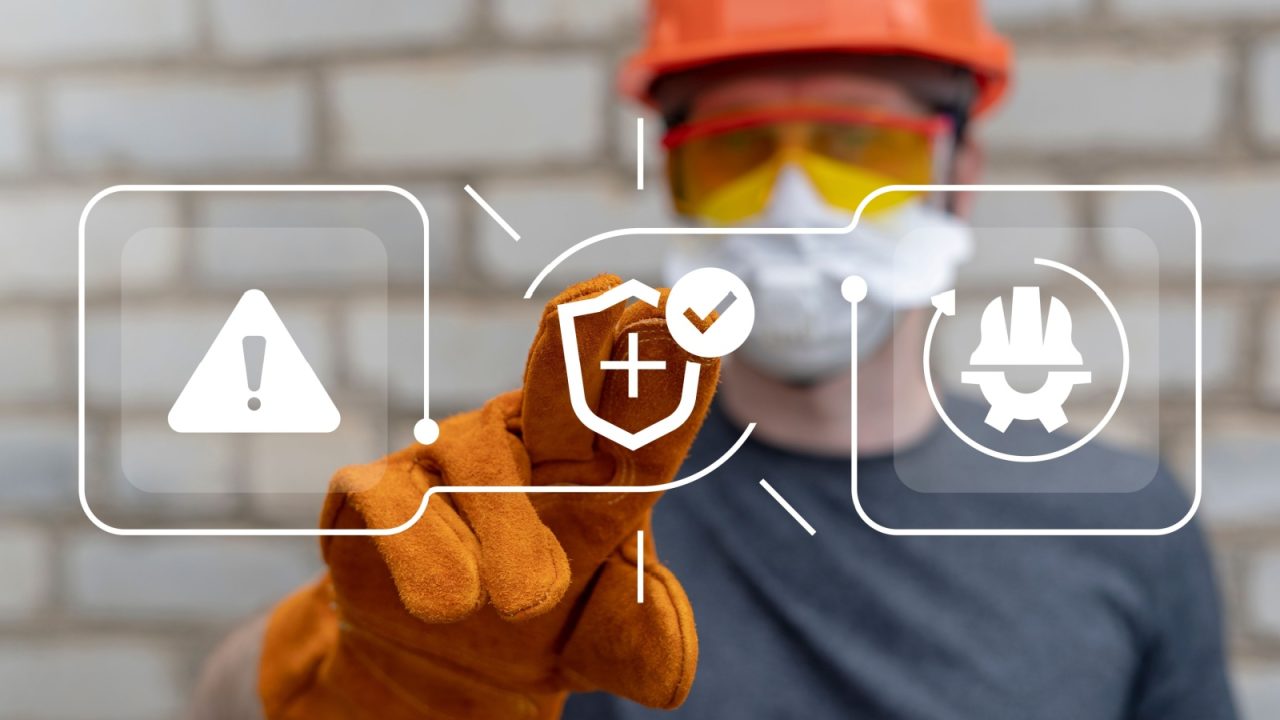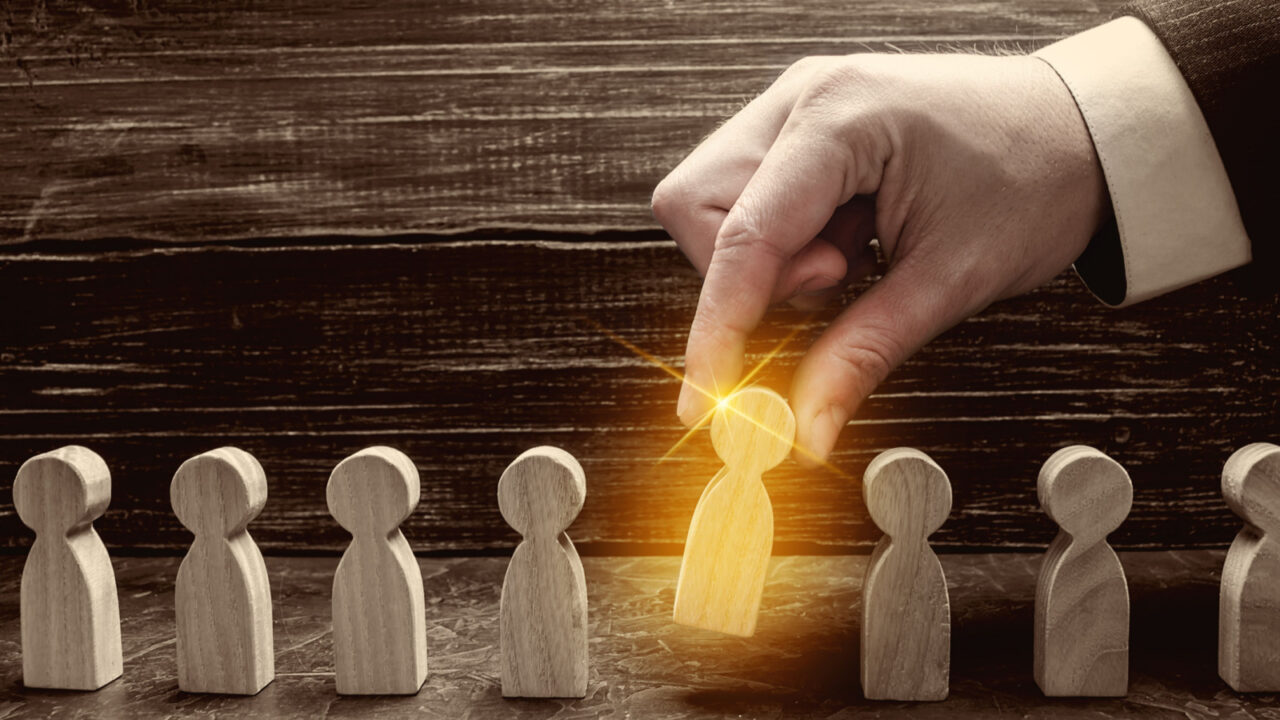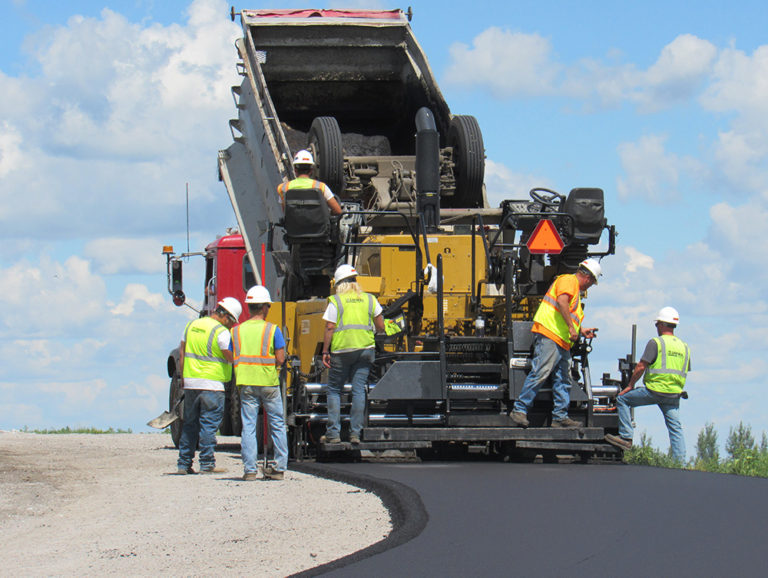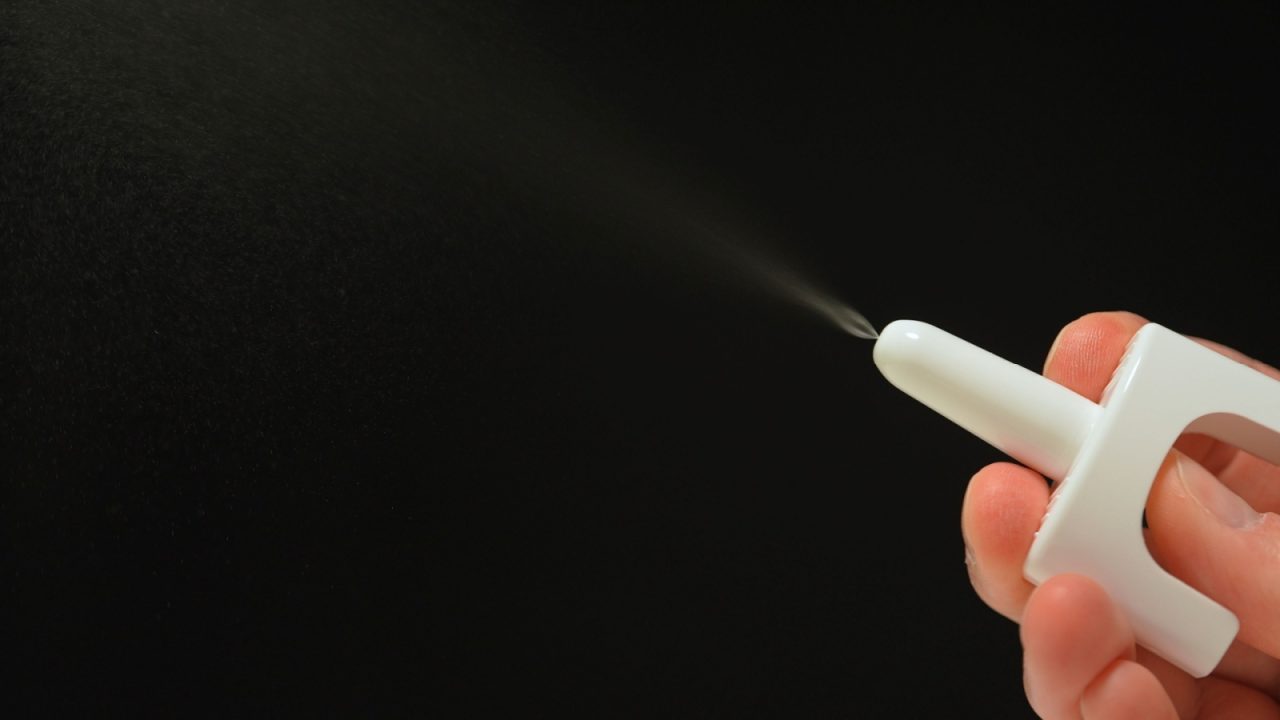As National Suicide Prevention and Awareness Month continues, Construction Executive reaches out to Counslr, a text-based support app that is making waves in many industries, including construction. Founded in 2019, just prior to COVID-19, Counslr’s founders saw a real need for a simpler, more approachable, more accessible mental-health-support solution. Today, Counslr works across the country in multiple industries, serving tens of thousands of covered lives via its network of licensed counselors.
This is what Naomi Angoff Chedd, LMHC, BCBA, LBA, with Counslr had to say on her work with clients in the construction industry.
Why/how did you get involved with Counslr?
I began working with Counslr in its infancy, assuming the role of director of counselor support services in January, 2020. We spent time planning and brainstorming and were gearing up to begin providing text support to college students and corporate clients, designing policies and hiring counselors at lightning speed in an effort to launch our program. You know what happened next: The world came to a halt in March 2020. The silver lining for Counslr was that we had an opportunity to revisit previous assumptions and meticulously plan how we were going to provide support for people who were really struggling…suffering, really, during the pandemic—and beyond.
Having worked as a therapist with children and adolescents with complex emotional, behavioral and mental-health needs and their families for the past 20 years, this seemed like a unique opportunity to reach people in all walks of life, in different settings and circumstances who were struggling with challenges like anxiety and depression—or maybe practical, work-related problems, family issues and all kinds of life transitions. We wanted especially to reach people who didn’t have access to in-person counseling or wanted to interact with a qualified mental-health provider in a more casual (if that’s the right word) quasi-anonymous way, get support and solve small problems before they blossomed into insurmountable crises. I also feel it is my professional responsibility to provide support and direction to the next generation of counselors so they can be more equipped to meet the mental-health needs of a changing world.
What tactics/methods are outdated?
There is a still a place in our society for a variety of different counseling methods and approaches, so I wouldn’t rule out anything that has a proven track record and helps individuals solve their problems and feel better. But the days of getting a relatively quick appointment with a qualified counselor and meeting weekly for months, or even years at a convenient location—and getting insurance coverage for it— are, if not over, not as typical as they once were.
Many people want faster, more accessible help on their schedule and in a way that is comfortable, affordable and private, but without sacrificing first rate care. For many, tele-mental-health options, including video, telephone and text chats can meet those needs.
How can resources like Counslr help both large and small companies advance their mental health/wellbeing goals?
Because Counslr’s licensed mental-health professionals are available on demand or by appointment 24/7/365, they are able to immediately begin addressing clients’ concerns in a way that other professionals cannot. Waiting times to see a counselor in person can take many weeks. Many counselors are impaneled with only certain insurance companies and many do not take insurance at all. Anyone who is troubled by a large or even a small problem wants and deserves help as soon as possible. Our goal is to address these problems, offer coping skills and minimize their impact before they become huge issues.
I am not suggesting that Counslr can meet everybody’s needs all the time, and in fact our counselors may recommend that their clients get more intensive, in-person counseling or refer them to a specialized support group, especially if their problems are more complex or distressing than can be managed via text support. But our counselors can begin the conversation, provide a variety of resources and help their clients cope, make a plan, or at least take the first step.
There are many other helpful services, online resources and apps. The 988 Suicide and Crisis Lifeline, which was just rolled out last year, operates 24/7/365 and provides rapid phone and text help for people who are in a serious crisis or suicidal. And there are many more toll-free numbers and organizations who are standing by ready to help.
How do you approach counseling people in the construction industry when addressing someone from the field, vs. someone from the corporate office or executive leadership?
It’s not that different, because mental health challenges are a serious problem in the construction industry, at every level, and everyone in the industry has skin in the game.
We know that more than five times as many construction workers die by suicide than in accidents every year. Workers in the field are well aware of and some have experienced other problems and risks first-hand, like increased incidence of high blood pressure, heart disease, substance use issues, accidents and illness due to exposure to chemicals. Then there are other stresses, like supply-chain issues and job insecurity. I hope people at all levels will welcome the opportunity to talk about these challenges and begin to work with our counselors to figure out how to address them.
Can you have physical health without mental health, and vice versa? Is this something counselors incorporate into their conversation, especially as it pertains to construction workers?
Physical and mental health are in a constant symbiotic relationship, a perpetual feedback loop—in every field—but especially in the mentally and physically demanding construction field. If you are not physically fit and able, you cannot do your job. You need to eat right, get enough sleep, take care of your body: one of your major assets. The other one is your mind. If you are bothered by mental-health issues, for example, if you are arguing a lot with your coworkers or your spouse, or if you are feeling exhausted or depleted at the end of every day and you don’t know why, or you are dealing with a sick child or parent or credit card debt, you may be plagued by these problems and maybe you can’t do as great a job as you want to and are capable of. And, if you are not both mentally and physically healthy, you are more prone to make mistakes or have accidents.
Our counselors have experience in working with a variety of problems with many different populations. Some of our counselors specialize in the kinds of problems people in the construction industry face, and others do not. I know the spouse of one of the counselors works in the construction industry—and she is very knowledgeable and a real advocate. But all of them are skilled and experienced in recognizing and focusing on whatever problem is presented, meeting the client where they are and helping them to think about and articulate their problems, perhaps in a different way than they are used to, and to consider some solutions.
How has the pandemic changed your mindset around promoting mental health? Have you seen it change the mindset of those coming to you for guidance?
Even before the pandemic and the worldwide shut down, we knew we were heading for a crisis. There was already a shortage of mental-health professionals. But I think we more often took a reactive, as opposed to a preventive approach to mental health. For example, many of my clients, when asked if they had thought about coming in for counseling or support six months or a year before, would tell me, “Well, it wasn’t that bad yet. I thought I could handle it on my own.” I—and many of us in this field—want you to contact us when “it’s not that bad,” or even not bad at all. The majority of people don’t need to be hospitalized. They may not need intensive, ongoing psychotherapy or medication (although some do, of course). Many people just want to talk to someone who will listen, someone who is skilled, empathic, supportive and available.
The pandemic has certainly brought to the forefront the fact that we are all experiencing some mental-health challenges. It requires all of us to be mindful of keeping a balance in our lives and to take some action when the problem is small. It is much easier to blow out a match than to fight a forest fire!
Many things have gotten worse: Rates of suicide attempts and completed suicides, especially in the construction field, are increasing. The incidence of major depression and anxiety is also on the rise. More people are struggling with substance use and addiction, weight control, anger management and domestic violence and other serious problems. We read and hear about the lack of mental-health practitioners and services and overcrowded psychiatric emergency rooms every day. There are more and bigger problems now and less help available.
But even so-called mentally healthy people have experienced and are continuing to experience social isolation, loneliness and loss—of loved ones, of their livelihood, of their community supports and activities, of their own health and, perhaps, of their entire identities, as the result of the pandemic.
I often feel like the bearer of bad news. But there is also good news: We all have become more aware of the importance, the necessity, really, of taking care of both our physical and mental health. Community, business and even some of our nation’s political leaders are recognizing it, talking about it, sharing their own stories and doing something about it. They are trying to remove barriers to care and passing legislation that includes more flexible and greater access to mental-health services; there are more ways to get help, including many tele-mental-health options, which didn’t exist before. It shouldn’t take a crisis for such changes to happen, but it often does.
How would you describe your overall outlook on mental health practices in the construction sector?
I am optimistic—because there is a greater level of awareness, more access to good information and research findings, flexibility in how care is accessed and some really effective self-help tools. You can’t address a problem if you don’t acknowledge it. We are all acknowledging it now. The construction industry traditionally has been a male-dominated field, and mental toughness, physical strength and ability to endure stress and pain have been highly valued. Several research studies demonstrate that a large percentage of people in the construction industry are unlikely to seek mental-health help, even if they felt they needed it. Now, more people at every level and especially in leadership and decision-making positions are talking about mental-health issues and brainstorming solutions, offering mental-health supports and services through their EAPs, gym memberships and in many other ways. They are acting, rather than looking the other way—and they are trying to remove the stigma. There is no shame—or there shouldn’t be—in seeking help and support. As I always tell my clients, you don’t get extra points for suffering.
Post-Script
Answering these questions and reading more about the construction industry was a real eye opener. As someone who has depended on many professionals in the construction industry for many years—I have a disabled family member and had to make a 120-year-old house handicapped-accessible, including installing an elevator—I have a personal stake in their physical and mental health. I want all construction workers to be healthy and happy in their jobs, know the value of their work and feel they are being supported in every way. In fact, I would like to get more involved in supporting this very important and deserving industry.







